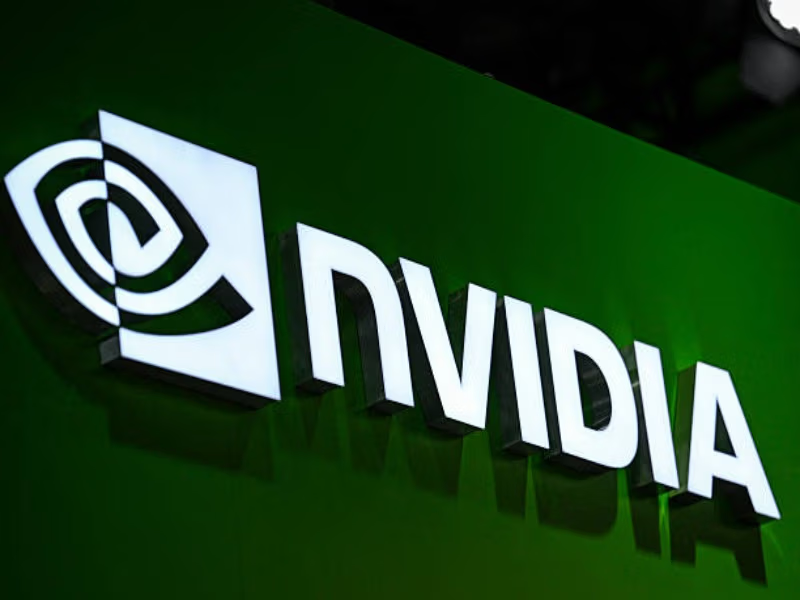In response to Wall Street’s concerns that Google will overtake Nvidia in dominating AI infrastructure, Nvidia on Tuesday claimed that its technology is still a generation ahead of the market.
Nvidia wrote on X (formerly known as Twitter) that “We’re delighted by Google’s success — they’ve made great advances in AI, and we continue to supply to Google. NVIDIA is a generation ahead of the industry — it’s the only platform that runs every AI model and does it everywhere computing is done.”
The post followed Nvidia’s shares falling 3 percent on Tuesday after a report that Meta, one of its biggest key customers, may enter into a deal with Google to utilize its tensor processing units in its data centers.
Nvidia posted that its chip is more flexible and powerful than ASIC chips, such as Google’s TPUs, which are designed to serve one company or function. The latest generation of Nvidia chips of Nvidia are referred to as Blackwell.
In a post, Nvidia reported that “NVIDIA offers greater performance, versatility, and fungibility than ASICs.”
Analysts say that Nvidia controls over 90 percent of the market with its graphics processors in artificial intelligence, although Google has increasingly focused on its in-house chips during the past few weeks to be a viable alternative to these Blackwell chips, which are high-priced but powerful.
In contrast to Nvidia, Google does not sell its TPU chips to other parties, but it does use them internally and offers them to companies in Google Cloud.
A review was also published earlier this month, featuring Google publishing Gemini 3, a state-of-the-art AI model that was trained on TPUs rather than Nvidia GPUs, at the company.
In a statement, a spokesperson of Google said, “We are experiencing accelerating demand for both our custom TPUs and Nvidia GPUs. We are committed to supporting both, as we have for years.”
In an earnings call earlier this month, Nvidia CEO Jensen Huang acknowledged increasing competition in TPUs, stating that Google had been a customer of his company in terms of its GPU chips and that Gemini can run on Nvidia technology.
He also stated that he had been connected with the CEO of DeepMind Technologies, Demis Hassabis.
Huang stated that Hassabis has texted him that the theory about the tech industry that more chips and data will result in more powerful AI models, commonly known as “scaling laws” by AI developers, is “intact.”
However, Nvidia indicates that scaling laws will result in an even greater demand for the chips and systems of the company.






